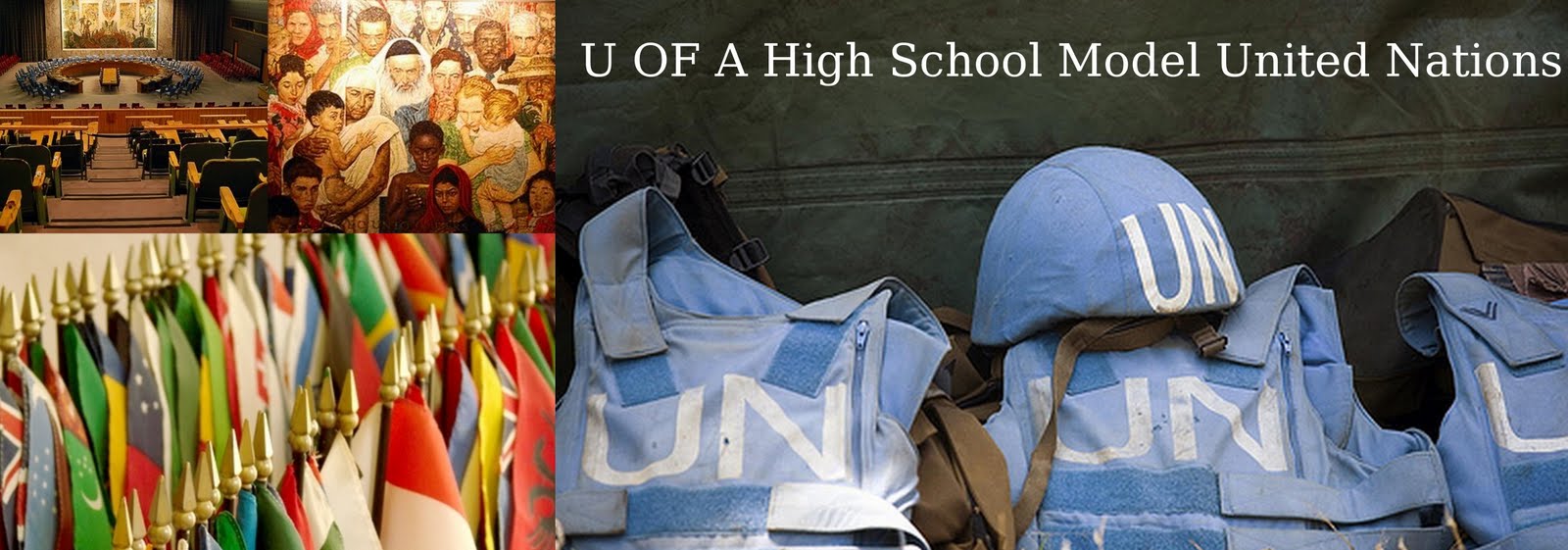As the news cycle continues to be dominated by Haiti, particularly as more accurate death tolls become available and a conference begins tomorrow which aims to lay out a long-term development plan for the country, I thought I would briefly discuss a few other stories happening globally.
First, in anticipation of an election in September, Venezuela's opposition parties are stirring up dissent. There are reports that tens of thousands of protesters took to the streets Saturday to protest the Chavez regime. Mostly, they are unhappy with the rolling blackouts, water rationing and widespread crime. However, later that day, they had new reason to be upset when it was announced that Chavez was taking a tv station that refused to broadcast a presidential address off the air. Earlier last week, he nationalized several stations in order to better control what they broadcast. This is a clear attack on freedom of speech in the country and the international community should be concerned. Just over a week ago, Venezuelans also saw their currency devalued, a move which is regarded with much skepticism by The Economist.
Second, tensions within Asia and between Asian countries and the international community have been ratcheted up lately. There's the US-China diplomatic row over attacks on Google, a crackdown on democracy activists in Vietnam, declarations of pre-emptive strikes between North and South Korea, protests in Hong Kong and the jailing of a HK dissident by China. Responding to these new developments, The Economist has published a number of articles this week regarding Chinese relations with its neighbours and the EU, as well as on their hot economy which has many fearing the development of dangerous bubbles. Delegates are advised to keep their eyes on the region as relations with the Asian giant have come to play a huge roll in the success of UN sessions. Moreover, as China's neighbours become more embroiled in dispute, security becomes a greater concern and as we all know, an insecure or pre-occupied country is one which often makes ill-advised foreign policy decisions.
Third, Afghanistan continues to be a mess. Its elections have now been postponed because of a lack of funding from donor countries who are fed up with the corruption in the state. On a more hopeful note, CBC radio had an interview this morning with Greg Mortenson who has been working to build schools in Afghanistan for years and provided at least a little hope for the recovery of the country.
Fourth, since Christmas, Yemen has been hitting the news more often. Keep an eye on articles detailing the ongoing action against Al-Qaeda, and relations between Yemen and its neighbour, Saudi Arabia.
Finally, I should note that although I chose not to link to articles on Haiti, it will be interesting to watch reports of the conference tomorrow and in the upcoming days. The world has rarely seen the need to engage in humanitarian relief on this scale and without at least cursory demands to respect sovereignty. At this point, it is hard to imagine Haiti will have a functioning state or government capable of direct relief on its own within the next 6 months and how the international community handles this may reflect a changing approach towards humanitarian relief efforts and human security.
Sunday, January 24, 2010
Subscribe to:
Post Comments (Atom)




No comments:
Post a Comment